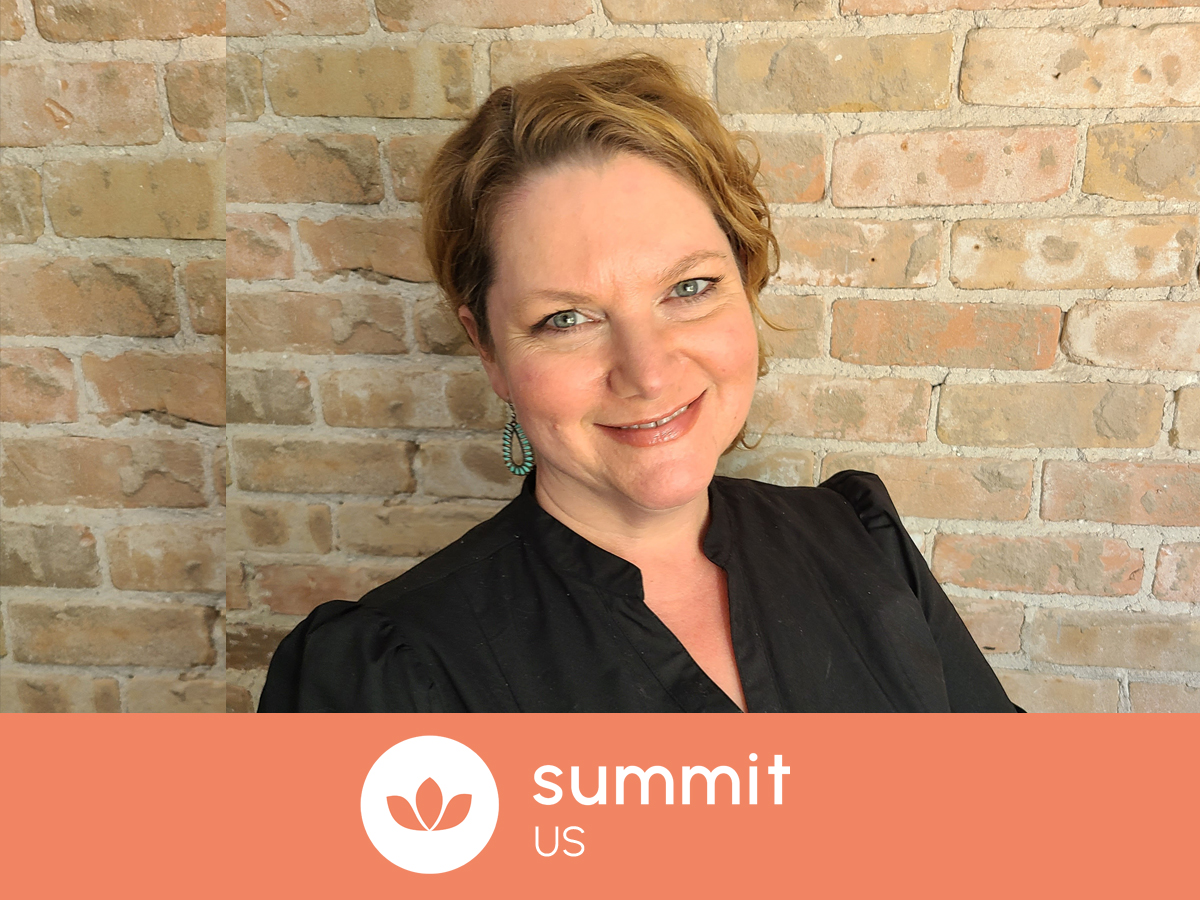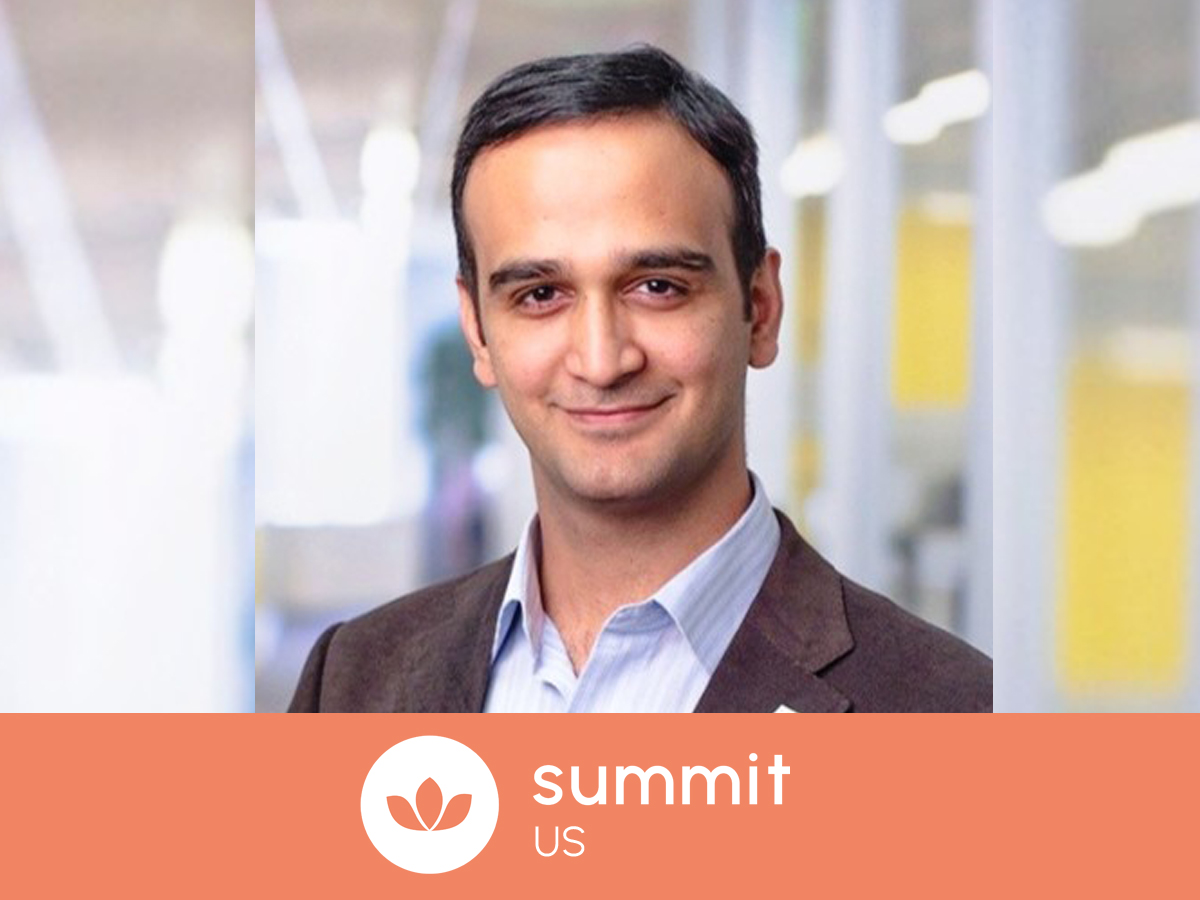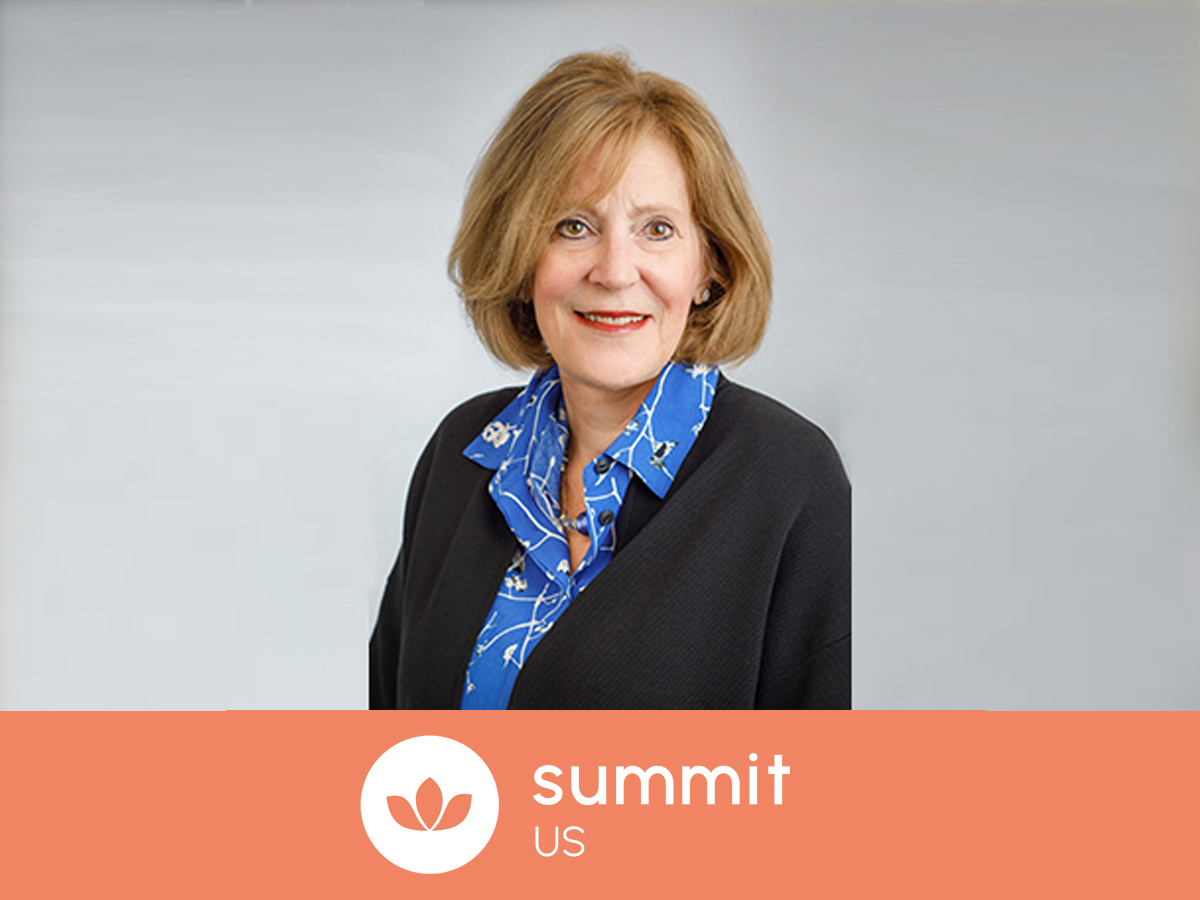
Lisa is the founder of OneAnother.Community, a purpose-driven platform dedicated to tackling loneliness and building stronger connections through volunteering, kindness, and community impact. With a background in media, PR, and entrepreneurship, Lisa has mobilised thousands of volunteers and worked with leading organisations to embed purpose and wellbeing into the workplace. A passionate advocate for human connection in the digital age, she brings a relatable, down-to-earth approach to leadership and is committed to helping people and businesses thrive through the power of kindness.
We are delighted that Lisa will be speaking in Melbourne as part of our Australia summit. We caught up with her to see how she’s feeling in the runup to the event.
Hi Lisa, we are thrilled that you will be speaking at the Wellbeing at Work Australia Summit in November. Our first and most important question is, how are you doing today?
I’m doing really well, thank you. Life is full, between running OneAnother.Community, raising my son, and preparing for the summit, but I’ve learned that “full” doesn’t have to mean “overwhelmed.” I make it a priority to find moments of pause in my day, whether it’s a morning walk, time with my son, or simply sitting with a cup of tea. Those small rituals keep me grounded and remind me why I do this work.
As a leader based in the region, what are the main challenges you are facing when it comes to employee wellbeing and mental health?
The biggest challenge I see is the rise of disconnection. Hybrid work has given us flexibility, but it has also led to more isolation and loneliness, which directly impacts mental health. Another challenge is that wellbeing is often still treated as a “perk” rather than a core business priority. Leaders talk about productivity and retention, but don’t always connect the dots that genuine human connection, trust, and psychological safety are what drive those outcomes.
What strategies have you seen developing over the past 6 months, both internally and externally, that are moving the dial on wellbeing in the workplace?
I’ve seen a real shift towards purpose-led initiatives. Organisations are beginning to invest in volunteering leave, kindness-based recognition, and opportunities for employees to connect beyond the transactional. At OneAnother, we’ve supported companies to roll out volunteer programs and “kindness marketplaces” that allow employees to give back in ways that feel personal. Externally, there’s also a stronger focus on preventative wellbeing; things like sleep, nutrition, and financial wellness are being brought into workplace conversations, which I think is a sign of progress.
Why is employee wellbeing so important to you personally?
Because I know what it feels like to be disconnected and running on empty. Early in my career, I prioritised work above everything else – and the burnout was real. It took me years, and a lot of self-reflection, to understand that true success is built on balance, connection, and kindness. Now, I want to help others avoid those pitfalls. Employee wellbeing is not a “nice to have” it’s the foundation of sustainable, human-centred workplaces.
What impact is AI having in your organization and how are you managing that?
AI is a double-edged sword. On one hand, it’s been brilliant for us in terms of efficiency – helping us analyse data, streamline communications, and support our community at scale. On the other hand, there’s a real risk that it deepens disconnection if we rely on it too heavily. We’re managing this by positioning AI as a support tool, not a replacement for human connection. At OneAnother, kindness and community will always be human-led, AI simply helps us get there more effectively.
Other than AI, are there any challenges that you are seeing for the first time and how are you addressing them?
Yes – I think we’re facing a new era of “always on.” Even with flexible work, people are finding it harder to switch off. Slack, Teams, emails, they creep into evenings and weekends. At OneAnother, we’ve addressed this by creating cultural norms around boundaries – encouraging people to take time offline, normalising “do not disturb,” and measuring outputs instead of hours. It’s not perfect, but it’s a step toward a healthier relationship with work.
What areas do you think employers should be focused on over the next 12 months?
Three things: connection, purpose, and equity. Connection, because loneliness is at epidemic levels globally. Purpose, because people want their work to mean something beyond profit. And equity, because wellbeing isn’t one-size-fits-all, I believe organisations need to create policies and practices that reflect the diverse needs of their people, whether that’s cultural, gendered, or generational.
Do you feel that investment in employee wellbeing in the region is increasing or decreasing and is that a direct reflection on HR leaders’ increasing ability to demonstrate effective returns of their strategies to leadership?
I do see investment increasing, but it’s patchy. The good news is that HR leaders are getting better at speaking the language of ROI, showing how wellbeing initiatives reduce absenteeism, improve retention, and boost performance. But I also believe the conversation is shifting – from “how do we justify this to leadership?” to “how can leadership demonstrate their commitment to their people?” That’s when we’ll see real systemic change.
How has your organisation been leading the way?
At OneAnother.Community, we’ve created a platform that directly combats loneliness and disconnection – issues that often sit underneath poor wellbeing at work. We’ve mobilised thousands of people to give their time, skills, and kindness to others, creating measurable social impact and stronger teams. We work with corporates to embed volunteering and kindness into their employee experience, not as a side project, but as part of their culture. Our belief is simple: people need one another, and when organisations prioritise that, both humans and businesses thrive.
Lisa will be speaking in Melbourn at the Wellbeing at Work Summit Australia.
Further details and tickets for the Sydney Summit can be found here.
Further details and tickets for the Melbourne Summit can be found here.



